The Importance of Regular Gas Line Inspections: What You Need to Know
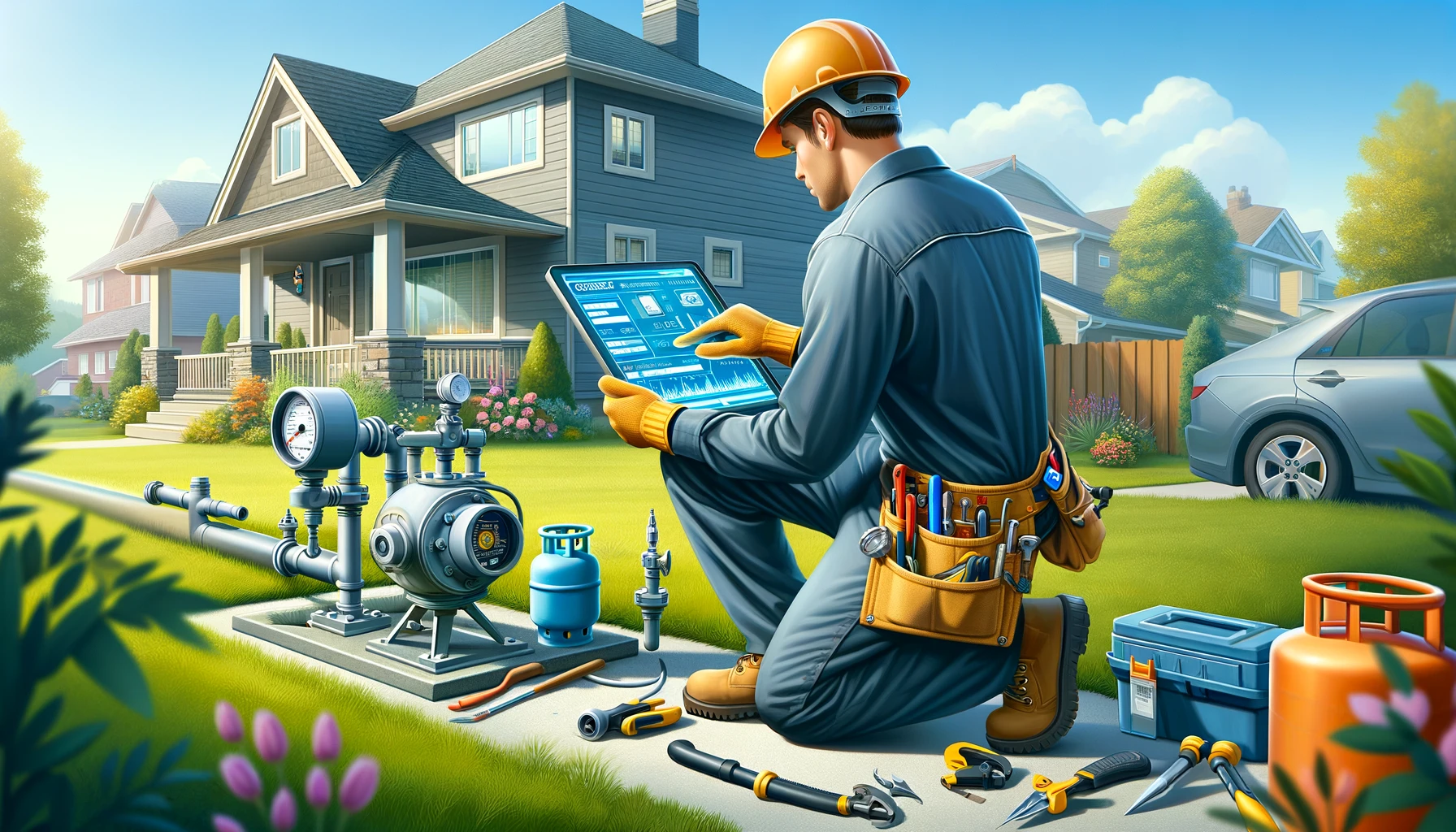
Key Takeaways
- Annual Inspections Are Essential for Safety: Regular gas line inspections are critical in preventing gas leaks, fires, and poisoning. They ensure your home remains a safe environment for you and your loved ones by catching and fixing problems early on.
- Professional Inspections Keep Your Home in Top Shape: A thorough inspection by a skilled and trustworthy professional not only identifies current issues but also helps in preventing future problems. This proactive approach saves money and keeps appliances running efficiently.
- Regular Scheduling Prevents Emergencies: Setting a yearly reminder for gas line inspections helps maintain your home’s safety and functionality. Planning ahead and choosing the right time for an inspection avoid delays and ensure timely repairs, keeping your home secure and operational.
Imagine your home as a living, breathing space. Just like us, it needs regular check-ups to stay healthy. One key check-up is the annual gas line inspection. It might seem like a small thing, but it’s huge for safety.
These inspections help catch problems before they turn serious. They keep our homes safe from gas leaks, which can lead to fires or poisoning. So, think of these checks as a vital part of your home’s well-being. It’s not just about following the rules; it’s about protecting your home and the people you love.
The Importance of Annual Gas Line Inspections
First off, checking your gas lines every year is key. It’s not just about following rules. It’s about safety. These inspections catch leaks early.
That means less risk of fires or gas poisoning. Plus, it keeps your appliances running right. Think of it as a health check for your home’s gas system. It finds problems before they get big. And fixing small issues is always easier and cheaper. So, annual checks keep you, your family, and your wallet safer.
What Do Natural Gas Line Inspections Involve?
You might wonder what happens during these checks. Well, a professional will visit your home. They look at your gas lines closely. They check for leaks and signs of wear and tear. They also make sure everything’s connected right. It’s not just about finding problems.
It’s about preventing them too. They might suggest ways to keep your gas system healthy. This can include changing old parts before they fail. So, these inspections are thorough. They cover everything to keep your home safe.
How Often Do You Need Gas Line Inspections Done?
Now, how often should you do this? Once a year is a good rule. But it can depend. If your home is older, you might need checks more often.
The same goes if you’ve had gas problems before. Some places have their own rules on this. So, it’s best to check what applies to your home. Keeping a regular schedule ensures your gas system stays in top shape.
How to Choose a Trusted Plumbing Professional
Choosing the right person for the job is crucial. You want someone skilled and trustworthy. Look for someone with good reviews and the right licenses.
They should know local safety rules too. It’s also good to choose someone who takes the time to explain things to you. You want a pro who answers your questions and makes you feel comfortable. So, take your time finding the right expert. It makes all the difference.
Scheduling and Timing of a Natural Gas Inspection
Planning your inspection well is important. Try to do it at a time that works for you. But also consider the weather. Some seasons might be busier for plumbers. That can mean longer waits. So, it’s smart to schedule your check before it gets too busy.
This way, you’re not stuck waiting if you need repairs. Plus, doing it regularly means you won’t forget. Setting a reminder each year can help with this.
Conclusion
Wrapping up, remember that taking care of your home means more than just the occasional clean-up. It involves ensuring its core systems, like gas lines, are in top condition.
Annual gas line inspections are not just a good practice; they’re a crucial step in safeguarding your home against unseen dangers.
They protect you from the risks of gas leaks, ensure your appliances function efficiently, and save you money in the long run by catching issues early.
So, make it a point to schedule your home’s next gas line inspection. It’s a simple act that goes a long way in keeping your sanctuary safe and sound.
FAQ’s
Q1. Why are annual gas line inspections necessary?
Annual inspections prevent gas leaks, reduce fire and poisoning risks, and keep appliances running smoothly. They’re a proactive safety measure to identify and fix small issues before they escalate, ensuring your home remains a safe environment.
Q2. What happens during a gas line inspection?
A professional examines your gas lines for leaks, wear, and tear, ensuring connections are secure. It’s a comprehensive check aimed at identifying potential problems and suggesting maintenance or replacements to keep your system healthy.
Q3. How often should I have my gas lines inspected?
Generally, once a year is recommended. However, older homes or those with previous gas issues may require more frequent inspections. It’s important to adhere to any specific regulations in your area.
Q4. How do I choose a plumbing professional for gas line inspection?
Look for a skilled, licensed professional with positive reviews and knowledge of local safety regulations. They should communicate clearly, answering any questions you have and making you feel comfortable with the process.
Q5. Is it expensive to have your gas lines inspected?
The cost varies based on location and the complexity of your gas system. However, considering the potential safety risks and expensive repairs it prevents, the inspection is a cost-effective measure.
Q6. Can I perform a gas line inspection myself?
It’s not advised. Gas line inspections require specific knowledge, tools, and expertise to ensure they are done safely and thoroughly. Hiring a professional is essential for an accurate and safe inspection.
Q7. What are the signs I might need an inspection sooner than planned?
Unusual smells, hissing sounds near gas lines, or issues with gas appliances can all indicate a potential gas leak or problem, necessitating an immediate inspection.
Q8. What should I do if a gas leak is found during the inspection?
The professional will advise on the immediate steps, which may include turning off the gas supply and repairing the leak. It’s critical to address any leaks promptly to ensure safety.
Q9. How long does a gas line inspection take?
The duration depends on your home’s size and the gas system’s complexity. Typically, it can take anywhere from an hour to a few hours to complete a thorough inspection.
Q10. Can I stay in my home during the inspection?
Yes, in most cases, you can remain in your home during the inspection. The professional will inform you if any specific safety precautions need to be taken during their visit.

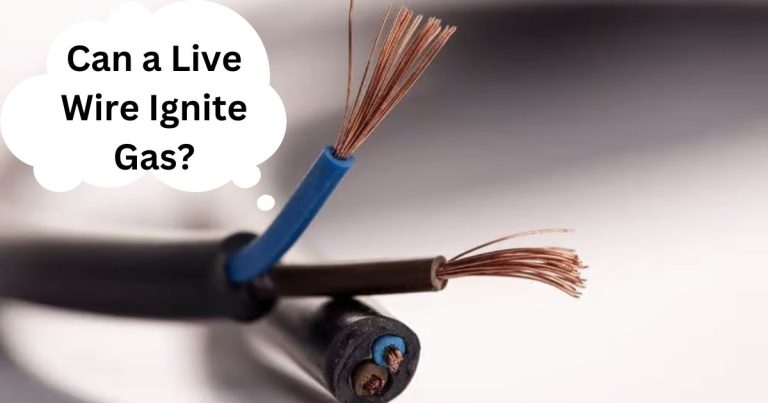
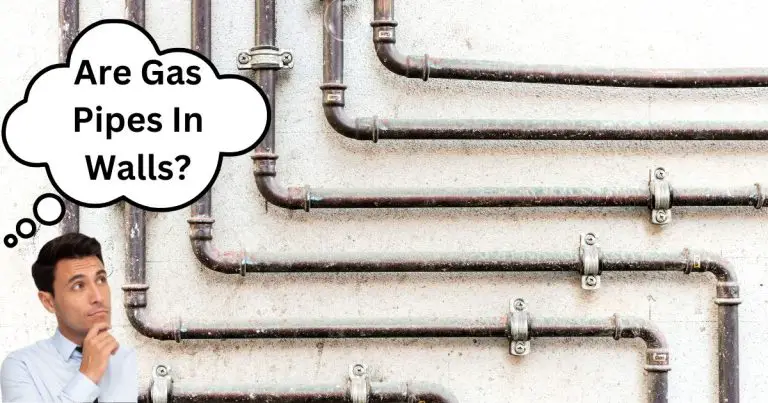
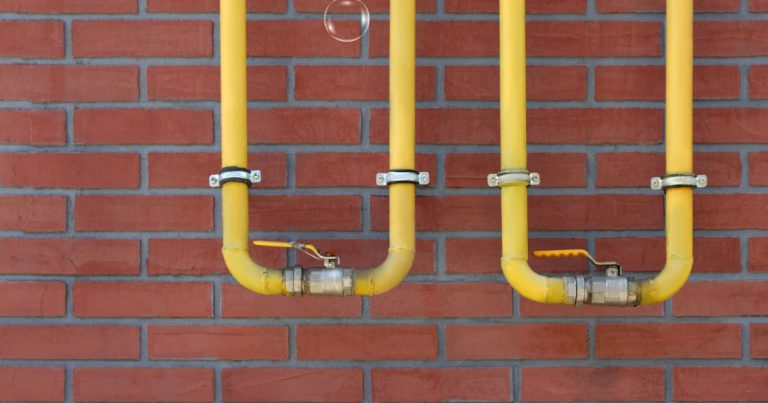
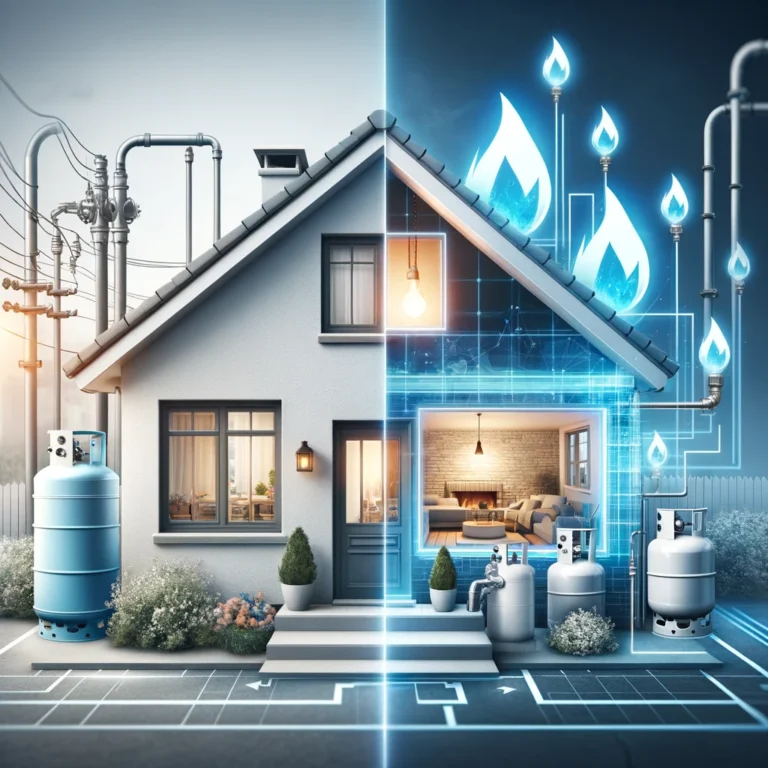
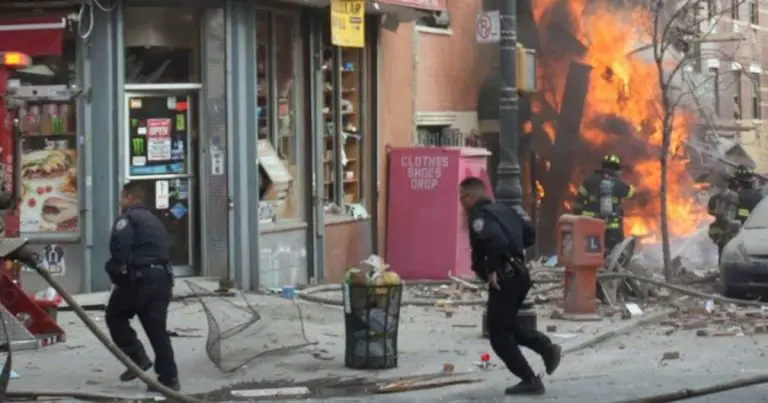
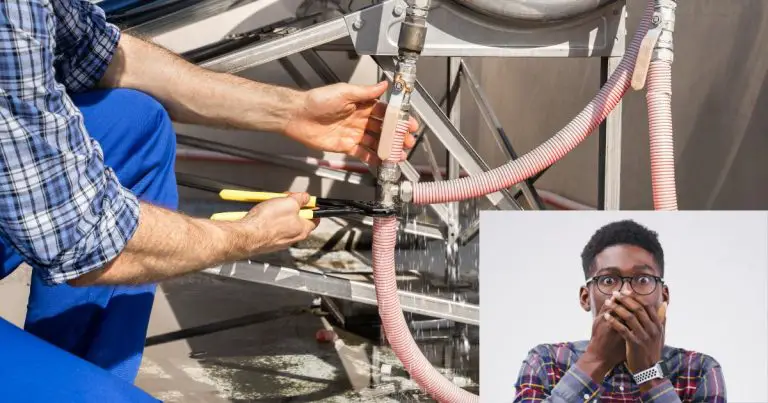

Some really great blog posts on this internet site, appreciate it for contribution. “Always aim for achievement, and forget about success.” by Helen Hayes.
When I initially commented I clicked the “Notify me when new comments are added” checkbox and now each time a comment is added I get four e-mails with the same comment. Is there any way you can remove people from that service? Bless you!
Howdy! I know this is somewhat off topic but I was wondering which blog platform are you using for this website? I’m getting fed up of WordPress because I’ve had issues with hackers and I’m looking at alternatives for another platform. I would be great if you could point me in the direction of a good platform.
I’ve been surfing on-line more than 3 hours nowadays, yet I by no means found any fascinating article like yours. It’s lovely value enough for me. In my opinion, if all site owners and bloggers made excellent content as you did, the net will probably be a lot more helpful than ever before.
I’m curious to find out what blog system you have been using? I’m having some small security problems with my latest site and I would like to find something more safe. Do you have any solutions?
I have not checked in here for some time since I thought it was getting boring, but the last few posts are good quality so I guess I’ll add you back to my everyday bloglist. You deserve it my friend 🙂
It’s laborious to search out educated folks on this subject, but you sound like you already know what you’re speaking about! Thanks
Appreciate it for helping out, excellent info .
Real fantastic info can be found on blog.
Nice post. I learn something more challenging on different blogs everyday. It will always be stimulating to read content from other writers and practice a little something from their store. I’d prefer to use some with the content on my blog whether you don’t mind. Natually I’ll give you a link on your web blog. Thanks for sharing.
Hey! Would you mind if I share your blog with my zynga group? There’s a lot of folks that I think would really appreciate your content. Please let me know. Cheers
What is CogniCare Pro? CogniCare Pro is 100 natural and safe to take a cognitive support supplement that helps boost your memory power. This supplement works greatly for anyone of any age and without side effects
Wow that was strange. I just wrote an very long comment but after I clicked submit my comment didn’t show up. Grrrr… well I’m not writing all that over again. Regardless, just wanted to say wonderful blog!
You have brought up a very wonderful points, thankyou for the post.
This web page is known as a stroll-via for all the data you wanted about this and didn’t know who to ask. Glimpse here, and also you’ll undoubtedly discover it.
You are my breathing in, I possess few blogs and very sporadically run out from to post : (.
Would you be fascinated by exchanging hyperlinks?
Can I just say what a relief to find someone who actually knows what theyre talking about on the internet. You definitely know how to bring an issue to light and make it important. More people need to read this and understand this side of the story. I cant believe youre not more popular because you definitely have the gift.